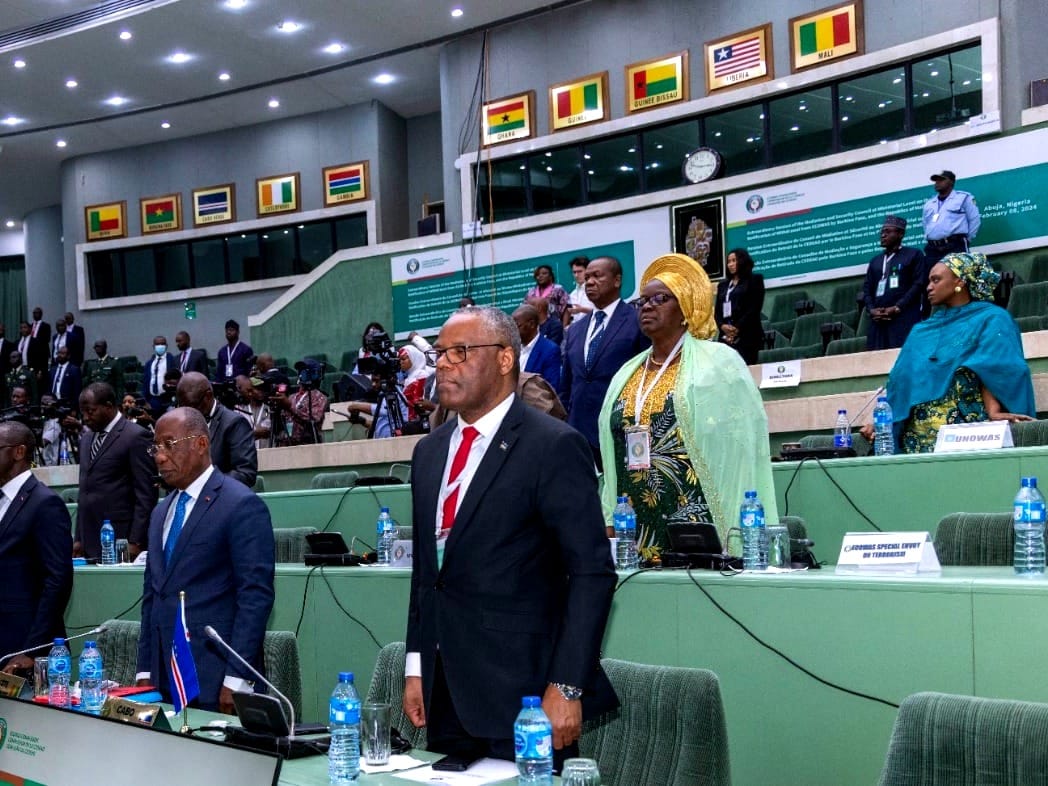West African foreign ministers met in Nigeria’s capital Abuja seeking to quell dissent among nations ruled by military leaders that seized power.
A delayed election in Senegal and decisions by junta-led Burkina Faso, Mali and Niger to withdraw from the regional bloc ECOWAS tested unity in West Africa.









